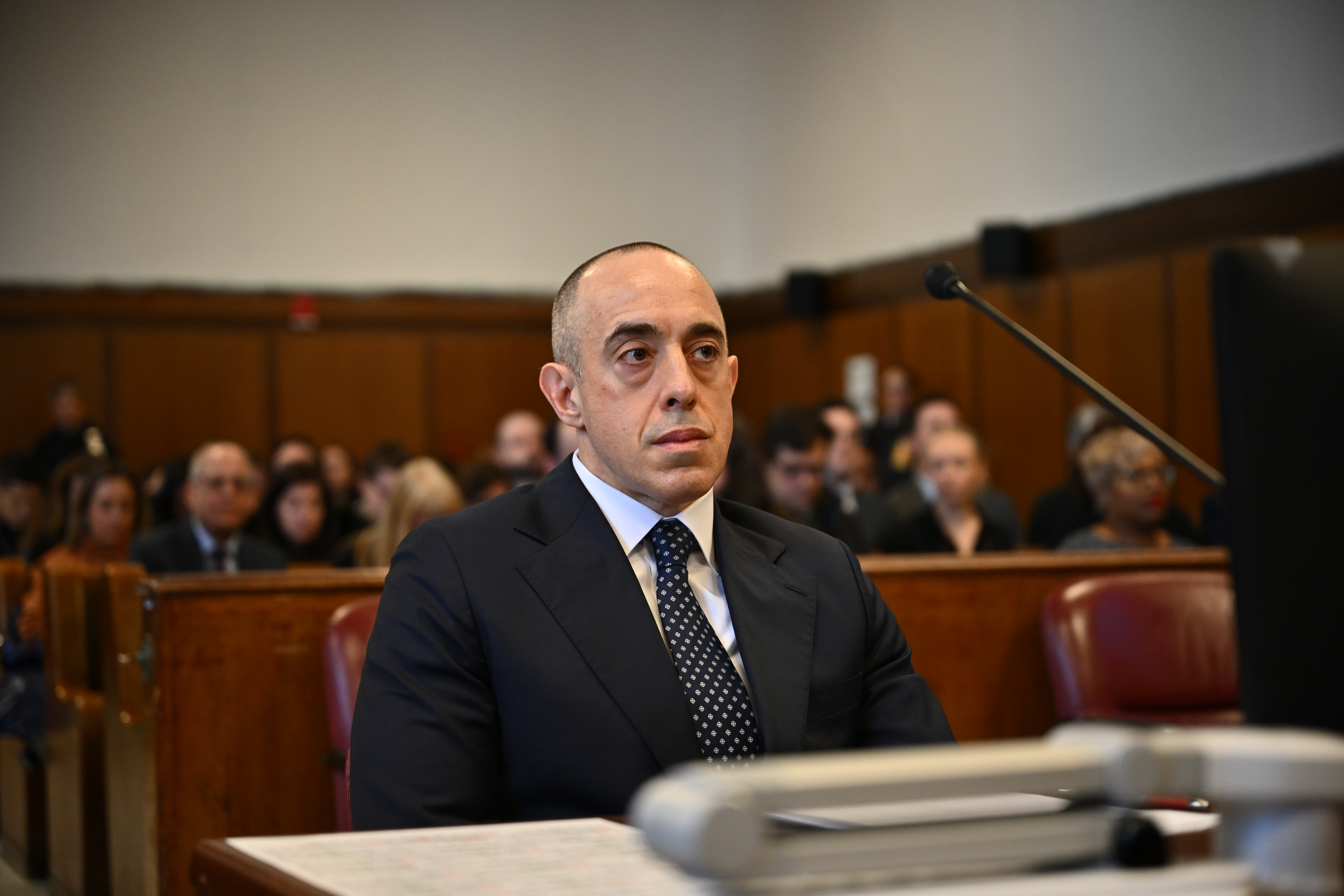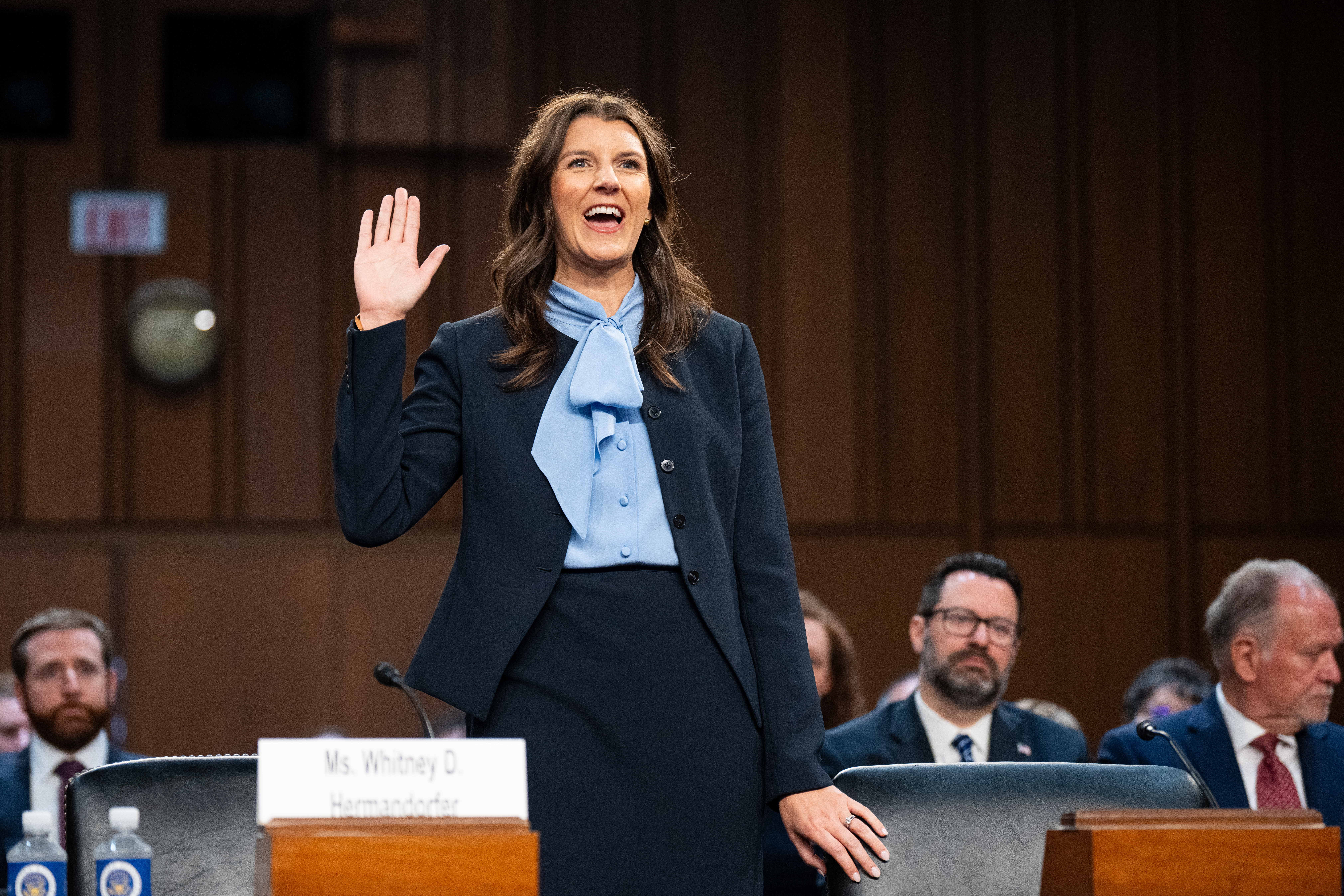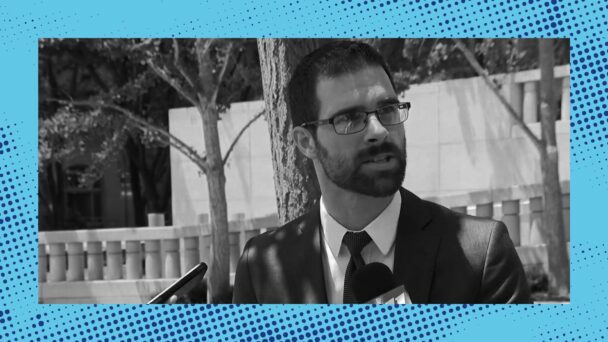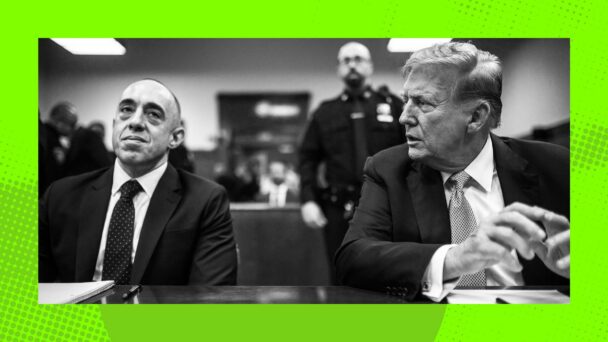Vacancies
The judicial vacancy count remains unchanged since the last report: 61 total vacancies (49 current and 12 future). In fact, there hasn’t been a new vacancy announced since mid-April, which is well behind the pace of retirements in the early months of prior presidencies.
Given that Trump has spent his first few months in office attacking the judges he appointed in his first term and nominating MAGA reactionaries to the vacancies that already exist, the likeliest explanation for the dearth of retirements is that even conservative federal judges don’t trust Trump to pick a qualified (traditional, Federalist Society-type) replacement. I’m not the only one who thinks so, either: According to amateur true crime real estate agent Ed Whelan, Trump’s “bizarre attack” on his first-term appointees hasn’t “inspired confidence” among sitting conservative judges. Whelan even says that one “very conservative judge” explicitly cited that reason (in private, to Whelan) for staying on the bench.
Nominees
Trump’s choice of Emil Bove for a Third Circuit vacancy is not going to assuage those concerns. Bove lacks culture war experience: He has never fought against marriage equality, or defended a draconian abortion ban, or pleaded for racist voter ID requirements. With virtually no record of his legal views, there can be only one basis for his selection, and it’s the same reason Bove is the most dangerous pick yet: his unyielding personal loyalty to Donald Trump.
Bove’s early legal career looks like that of a typical judicial nominee: Clerkships with federal judges; a short stint at a white-shoe law firm; a longer one at the U.S. Attorney’s Office for the Southern District of New York. But Bove’s aggressive and vindictive personality eventually derailed it: According to The New York Times, Bove’s time at the U.S. Attorney’s office was marred by repeated complaints—from within and without—about his unprofessional behavior. After a demotion, he left the office and eventually partnered with Todd Blanche as part of Trump’s criminal defense team, where Trump and Bove seemed to have bonded over their shared perpetual victimhood complex.
After the election, Trump put both Blanche and Bove into top spots at the Justice Department, where Bove wasted little time proving that he was every bit the hatchetman Trump desired. Days after Trump granted clemency to more than 1,500 domestic terrorists involved in the January 6 insurrection, Bove fired the federal prosecutors pursuing those cases. He then sought the names of FBI agents involved in any January 6 investigations—an investigation Bove was reportedly eager to participate in when he was with the SDNY—and ordered that others resign or be fired in a matter of days.
Perhaps most brazenly, Bove ordered his old office to drop its corruption case against New York City Mayor Eric Adams—not because the case lacked merit, but because Trump wanted to use the threat of prosecution to coerce Adams into supporting the administration’s immigration agenda. Several prosecutors resigned in response, writing that they could not follow Bove’s directive and remain true to their obligation to “pursue justice impartially,” and calling Bove’s rationale for dropping the case “so weak as to be transparently pretextual.” It’s hard to go toe to toe with Eric Adams and come out looking like the bigger shithead, but that’s our Emil.

(Photo by Angela Weiss – Pool/Getty Images)
Again, you don’t need to take my word for it, because conservatives are sounding the alarm, too: Whelan says he has “serious doubts that Bove has the character and integrity to be worthy of confirmation as a federal judge.” Former Republican nominations counsel Gregg Nunziata called Bove’s nomination “outrageous and unacceptable,” and called on the Senate to reject it.
As Chris Geidner put it at Law Dork, Bove’s nomination is “a line in the sand” moment. Bove is so patently unfit for judicial office that the consequences of Senate acquiescence can’t be oversold: If Senate Republicans confirm Bove, it’s hard to imagine who they’d reject.
Of course, in a world where Senate Democrats have spines, this seat would already be filled by Adeel Mangi, whom President Joe Biden nominated in November 2023, and who would have been the first Muslim American federal appeals court judge. But that isn’t the world we live in, and the Democrats who aided Republicans in their Islamophobic smear campaign against Mangi own their complicity in this debacle.
Hearings
On Wednesday, Trump nominees Whitney Hermandorfer (to the Sixth Circuit) and Josh Divine, Zachary Bluestone, Maria Lanahan, and Cristian Stevens (to district courts in Missouri) appeared before the Senate Judiciary Committee. As is customary, Hermandorfer, an appeals court nominee, testified first and alone, while the district court nominees testified second and together.
If you’ve ever watched a Senate Judiciary Committee hearing, you knew you weren’t going to learn much about the nominees that you didn’t already know. Wednesday’s hearing was no exception. Hermandorder defended her support for Trump’s anti-constitutional attack on birthright citizenship and his assault on independent agencies as zealous advocacy on behalf of a client, and refused to answer questions about her personal views on anything. She conceded that litigants must generally follow court orders and appeal a ruling if they disagree, but took pains to avoid a categorical yes.
However, she was sure to echo the Trump administration’s talking points about choosing “bold and fearless” judges. Hermandorfer, whom Trump lauded as a “fighter” in his nomination announcement, said she had the “courage” and “grit” to take unpopular positions. She also sidestepped questions about whether Trump’s attacks on “U.S.-hating judges” were appropriate by saying that, as a public official herself, criticism is “part of the job.” It’s hard to see that as anything other than a wink and a nod to The Boss that she will have his back.
Among the district court nominees, Josh Divine drew the bulk of questions from Democrats, who asked him about his bigoted writings in college. He largely refused to answer, saying only that “he’s no longer in college” and that he’s “grown up.” He wouldn’t say how or in what way, though, because God forbid we actually learn anything about these people before we confirm them to a lifetime position.
When Republicans were on the clock, they mostly touted the nominees’ credentials and Supreme Court clerkships. To the extent that they asked questions, they were total fluff: Texas Senator Ted Cruz asked Hermandorfer what she learned playing basketball in college. Missouri Senator Eric Schmitt asked the district court nominees—all veterans of the Missouri AG’s office—how much they enjoyed working for him when he was the attorney general. On the Republican side of the dias, the hearing was nothing short of a pre-emptive, self-congratulatory celebration.
And why shouldn’t they be happy? The most important thing we learned on Wednesday is that Senate Democrats are either woefully unprepared for the moment or simply uninterested in meeting it. Four Democratic members of the committee–Connecticut’s Richard Blumenthal, Hawaii’s Mazie Hirono, California’s Alex Padilla, and New Jersey’s Corey Booker–didn’t bother to ask Hermandorfer questions. The fact that Booker, who found 25 hours to symbolically protest Trump earlier this year, couldn’t find a few minutes to spare is especially embarrassing, given that Trump is pushing Bove for a powerful court in his state.

(Bill Clark/CQ-Roll Call, Inc via Getty Images)
Democrats are outnumbered on the committee, so their only hope of defeating (or at least slowing down) a nominee is to orchestrate a gaffe by the nominee that is so embarrassing or disqualifying that you force the White House’s hand. During the last two administrations, Louisiana Republican Senator John Neely Kennedy did it twice, stumping a Trump nominee who couldn’t describe what a motion in limine is, and a Biden nominee who couldn’t remember what Articles II and V of the Constitution are about. In both cases, their flubs went viral and both withdrew from consideration after it was clear they lacked the votes for confirmation.
It’s not just that Democrats were unsuccessful in generating this kind of moment on Wednesday. It’s that they didn’t even bother to try. Rhode Island Senator Sheldon Whitehouse, who has probably done more than any Democrat to push back against the right-wing takeover of the courts, completely whiffed, failing to ask Hermandorfer a single question and instead delivering a monologue about the rift between the Federalist Society and MAGA factions on the right. Delaware Senator Chris Coons highlighted the fact that he voted for lots of Trump nominees the first time around, and may do so again! (Maybe it wouldn’t be so bad if Coons skipped a few hearings.)
Two other important notes about Wednesday’s hearing. First, Hermandorfer’s questionnaire revealed that she interviewed personally with Trump before her selection. That’s unusual, because the only nominees whom presidents typically interview personally are Supreme Court candidates; perhaps Trump is putting together his next shortlist.
Second, two of the Missouri district court nominees—Bluestone and Lanahan—are former clerks to Eighth Circuit Judge Raymond Gruender, who was in attendance on Wednesday. Although Gruender is not yet eligible to retire, he will be in 2028, and a former clerk with a few years of district court experience is exactly the kind of carrot that can be dangled in front of a judge as an enticement to retire.
What’s next?
Bove lines up for a Senate Judiciary Committee hearing on June 25. Perhaps Booker will make it.
Bove will likely be joined by five Florida district court nominees Trump announced on the same day: Florida state court judges Ed Artau, Jordan Pratt, and Anne-Leigh Gaylord Moe, Florida Chief Deputy Attorney General John Guard, and federal magistrate judge Kyle Dudek. Pratt and Dudek, like Hermandorfer, Divine, Lanahan, and Bluestone, are in their 30s. In fact, more than half of Trump’s 11 nominees so far are younger than 40, meaning they could serve (and keep their seats in MAGA hands) for 40 more.
Given the Senate’s schedule, these nominees will likely come to the floor in the fall after the Senate’s August recess. There is enough time for two more Senate Judiciary Committee hearings in July, so we may see more nominees in the coming weeks.







